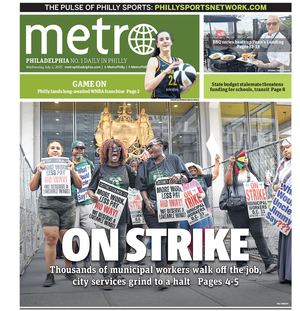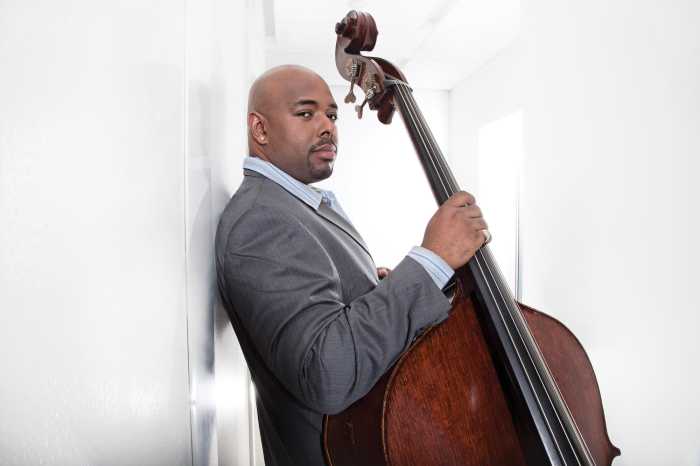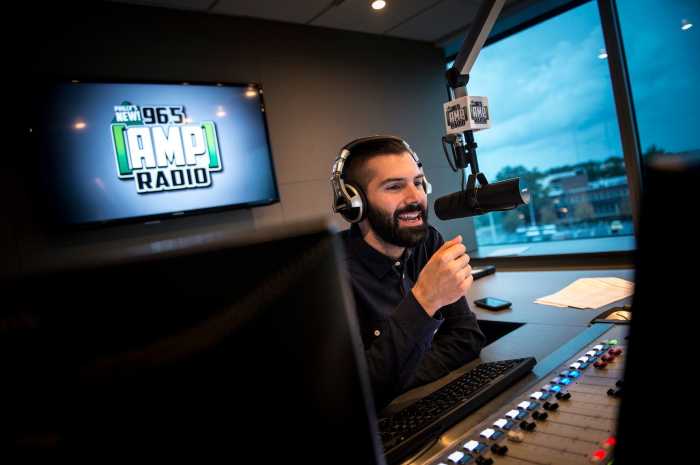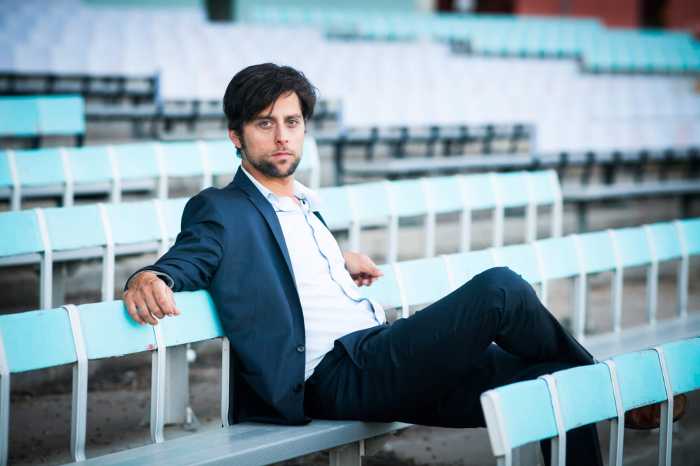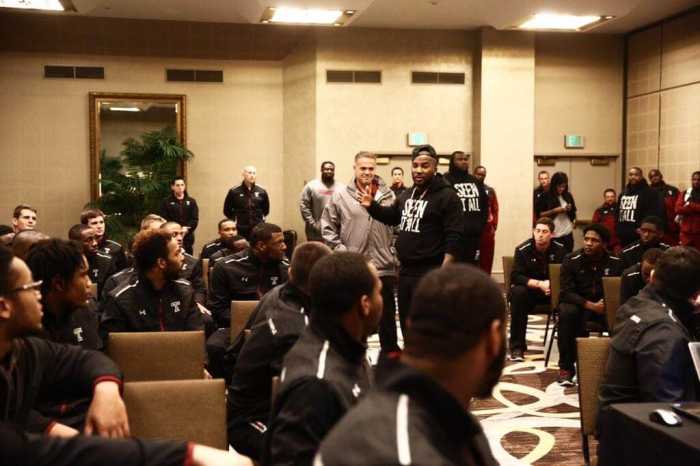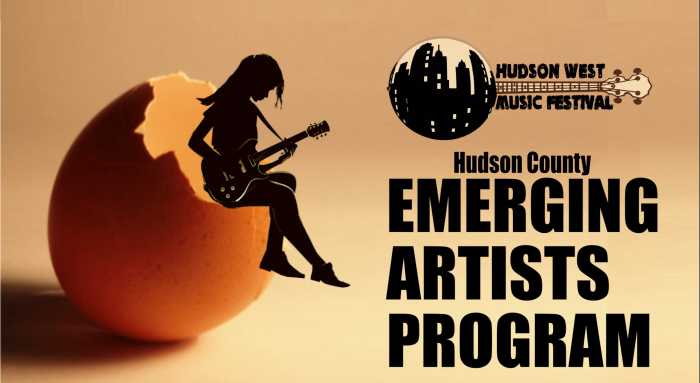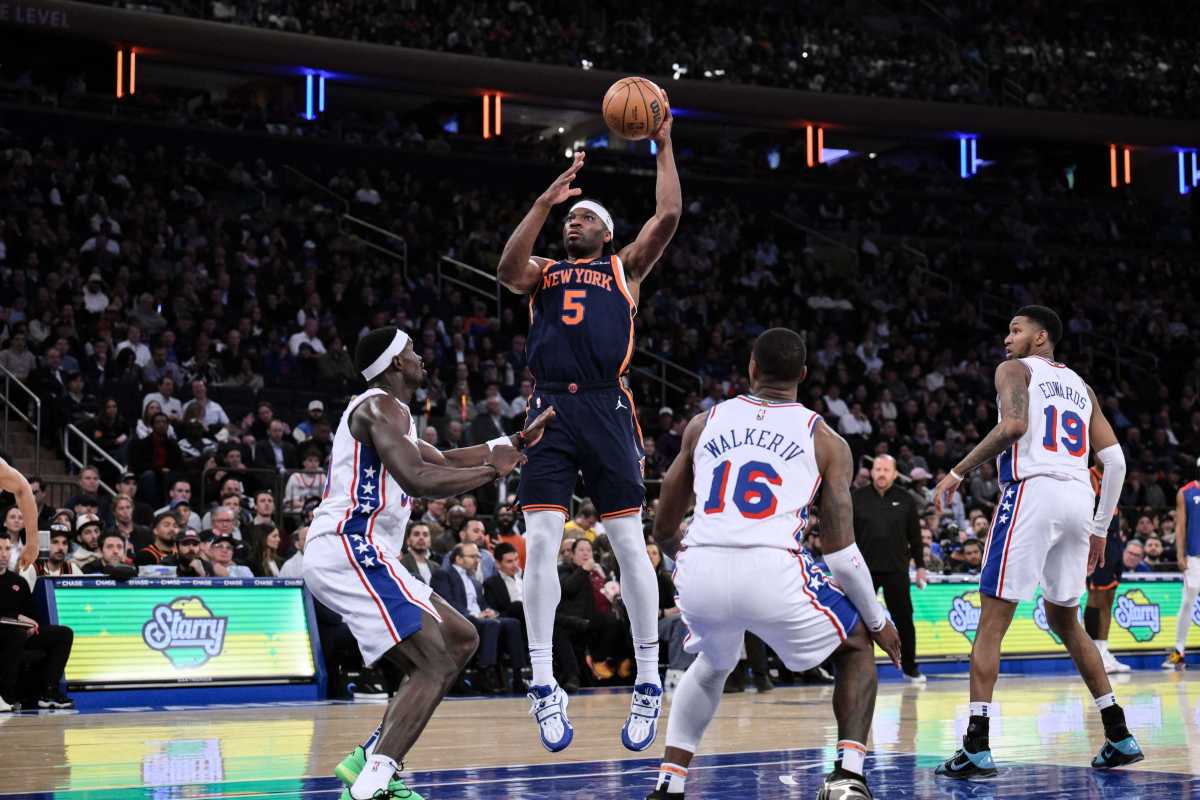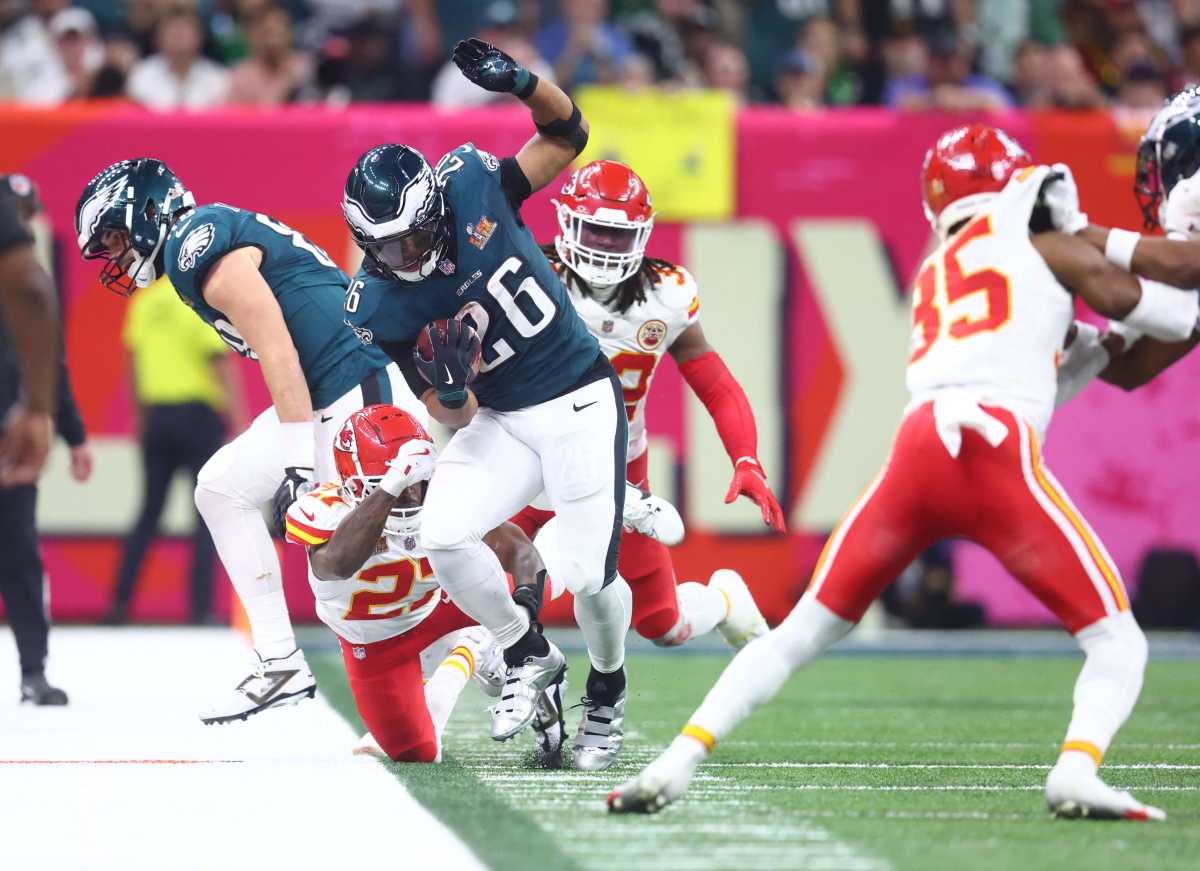Local live music lovers had it hard in 2015 with the recent closings of the Art Museum area’s North Star and South Street’s Legendary Dobbs. Those same listeners though couldn’t argue with the addition of The Fillmore – a state-of-the-art, 2,500+capacity venue in Fishtown booked and operated by the concert behemoth Live Nation – and how it has increased visibility to an already vibrant concert scene. Last Friday, the game changed just a bit when AEG Live announced exclusive booking agreements with Electric Factory and Underground Arts – two rooms north of Broad Street with capacities of 2,600 and 650 people respectively. Related link:The square roots equation of Philly music tourism
AEG also holds the booking key to the Keswick Theatre, Trocadero and The Mann along with its new acquisitions, while Live Nation has the Fillmore, the Tower, Theatre of Living Arts, Festival Pier, Susquehanna Bank Center and more. The Fillmore opened in October but has already had several sell-outs, including Hall & Oates, the Eagles’ Joe Walsh and Brandi Carlisle. “It’s a big deal with AEG making a show of consolidation,” said longtime local entertainment lawyer Bernard Resnick. “You’re going to see some real competition now between The Fillmore and Electric Factory as they’re similar-sized rooms. That’s great for fans, but will be a challenge for musicians and management who have to show alliances to one-or-the-other.” Related link:PHOTOS: Hall & Oates play first show at the new Fillmore Philadelphia Resnick believes too that the competition for these mid-sized rooms is but a testing ground for even bigger stakes, “like those in the arenas and the stadiums, a battle for tours worldwide.” Along with taking over Electric Factory and Underground Arts, AEG hired Bonfire bosses Bryan Dilworth (now an AEG VP who’ll oversee large regional bookings like the Mann’s) and Kevin Horn (overseeing club bookings), both who already booked the Factory and Underground Arts. Live Nation’s Philadelphia office had no comment in relation to AEG’s new booking arrangement.
In some ways then, it’s all business as usual, not exactly a merger, but a consolidation of powers.
“It’s just a f&#%g booking deal, no more, no less,” said Larry Magid, the booking legend who opened the original Electric Factory in 1968 before it became a concert giant (the current Factory on N. 7th Street opened in 1995; Magid retains ownership while booking his own concerts like November 6’s Gladys Knight at the Academy of Music). Adam Spivak, Magid’s managing partner at Electric Factory, dealt with Mark Shulman, VP/General Manager of AEG Live Northeast, and got the deal done.
“Both venues have been integral to the city’s musical legacy, and we look forward to bringing a diversity of talent to their fans,” Shulman said in a statement.
Dilworth, who was asked to take the AEG job in August 2015, concurs that much will continue as is. “I’m still booking the Factory, now through AEG,” he says.
Yet, there is a caveat.
According to one anonymous industry insider close to the deal, it was not made because of the Fillmore’s might, yet having AEG behind the once-independent Electric Factory may help them weather potential storms. “Live Nation and AEGcompete vigorously across the country, so why not in Philly?” he says. For Dilworth, the new competition could be a boon to Philly’s live scene.
“AEG is a huge company with international dealings, so it’s nice having them on our side, especially at the Factory so we can put in bigger (money) offers,” Dilworth said, adding that Electric Factory had its strongest season yet with sold-out shows from a diverse lot such as Kraftwerk, Chance the Rapper, Chvrches, Faith No More and others. “One would imagine competition affects things in an adverse manner, but sometimes the tide raises all boats. This city can sustain all of us, I think.”
Battle of the bookers
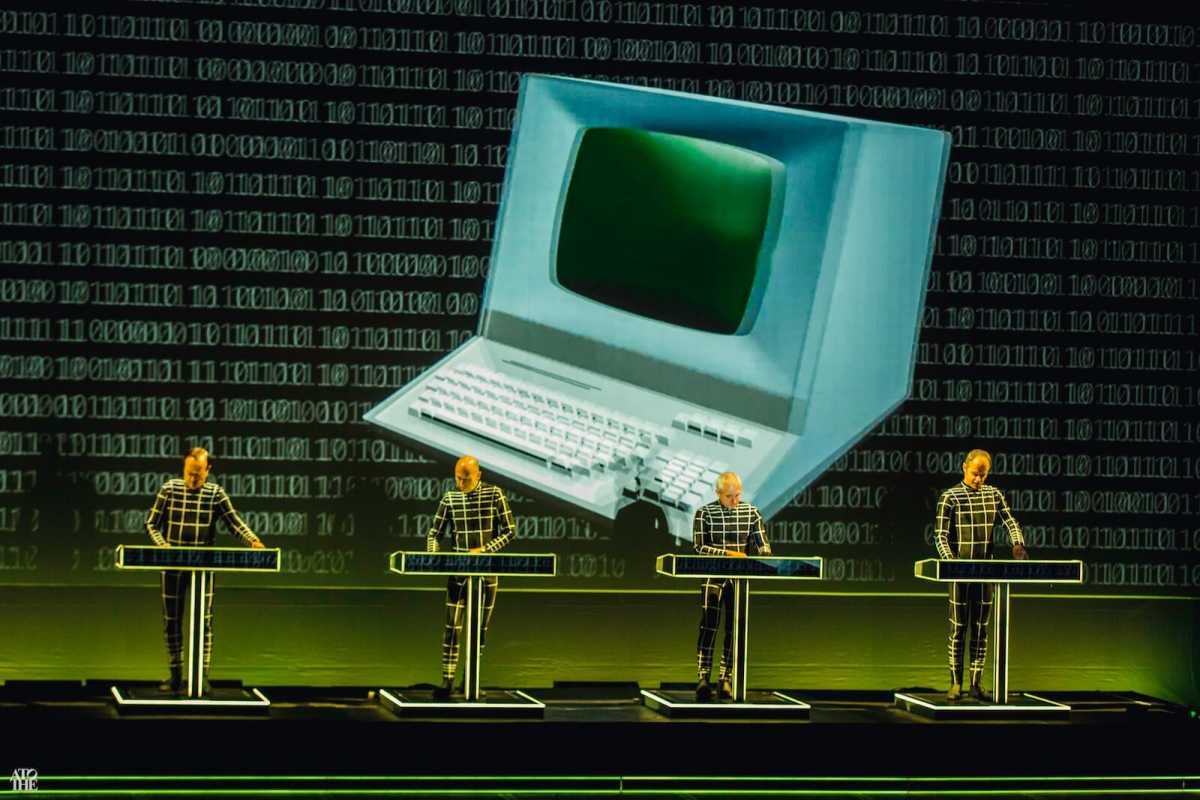
Courtesy of AEG
